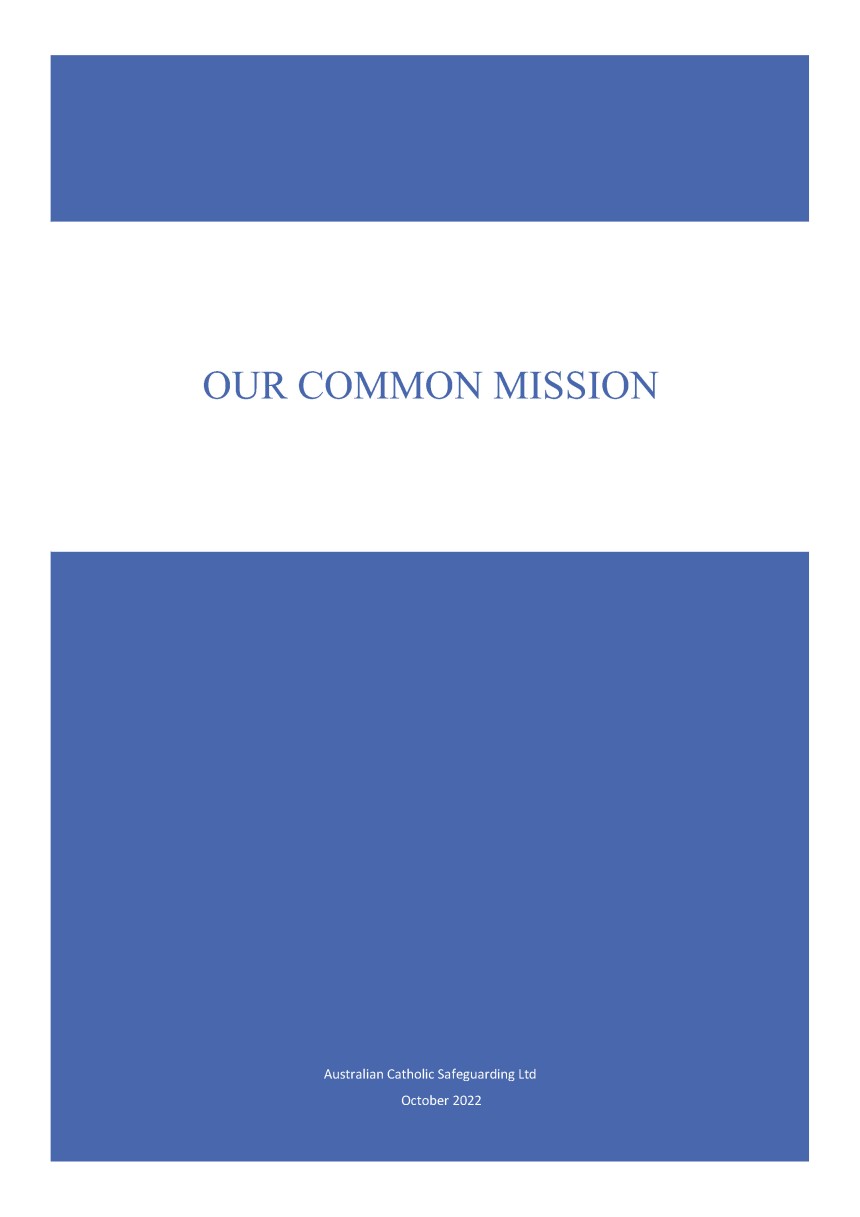
The 32-page document, Integrity in Our Common Mission, was approved by the bishops at their plenary meeting in November 2023, as a means of furthering the Australian Catholic Bishops Conference’s ongoing commitment to the safety of children and vulnerable people. Image: Supplied.
A national code of conduct has been released by the Australian Catholic Bishops Conference for people ministering in Catholic dioceses around Australia.
The code of conduct applies the overarching framework Our Common Mission, which was approved in November 2022.
The 32-page document, Integrity in Our Common Mission, was approved by the bishops at their plenary meeting in November 2023, as a means of furthering the Australian Catholic Bishops Conference’s ongoing commitment to the safety of children and vulnerable people.
It is aimed at assisting in the formation and induction of clergy and lay pastoral leaders to reflect integrity in all aspects of their lives.
It now replaces earlier codes such as Integrity in Ministry for clergy and Religious, and Integrity in the Service of the Church for Church lay workers, and brings these into a single presentation, as requested by the Royal Commission into Institutional Responses to Child Sex Abuse.
The code of conduct also reflects the National Catholic Safeguarding Standards.
Any person performing pastoral work at the request of, or under the ultimate supervision of, a diocesan bishop must comply with the national code of conduct. They may also be subject to specific statutory, contractual or other obligations, depending on the circumstances.
Bishop Greg Bennet, chair of the Bishops Commission for Professional Standards and Safeguarding, said the Church had zero tolerance of abuse.
“Integrity in Our Common Mission is a vital resource for renewing our commitment to the safety of children and vulnerable people,” Bishop Bennet said.
“Its principles have been developed to guide, form, strengthen and affirm those behaviours which are expected of all engaged in the ministries of the Church.”
Breaches of the code of conduct are to be addressed in the complaints handling policy of each diocese, he said.
The code covers such areas as physical and emotional boundaries, responding to complaints, positive relationships, using social media, abuse in the workplace and financial ethics.
An appendix outlines a “theology of communion” to underscore the principles in the code.
Formation resources to apply the code of conduct are currently being developed.
